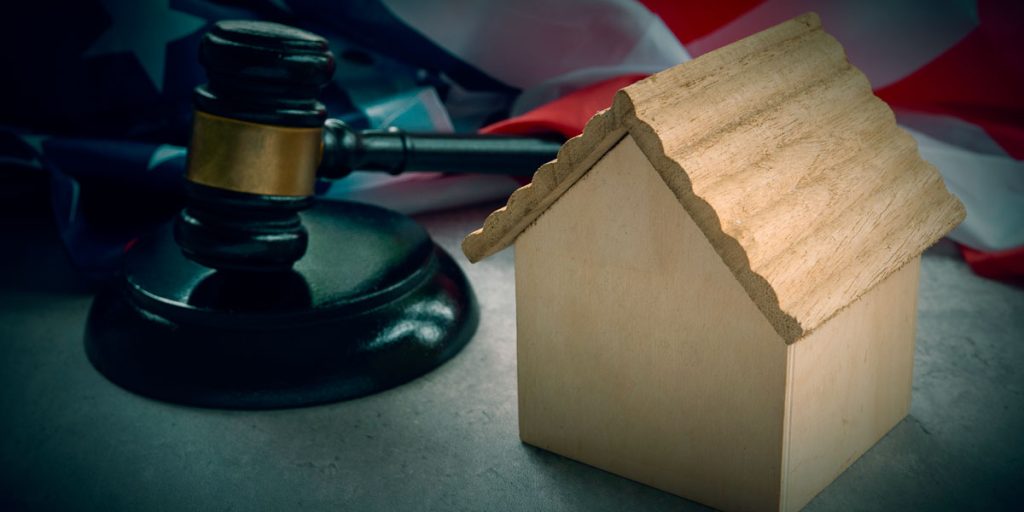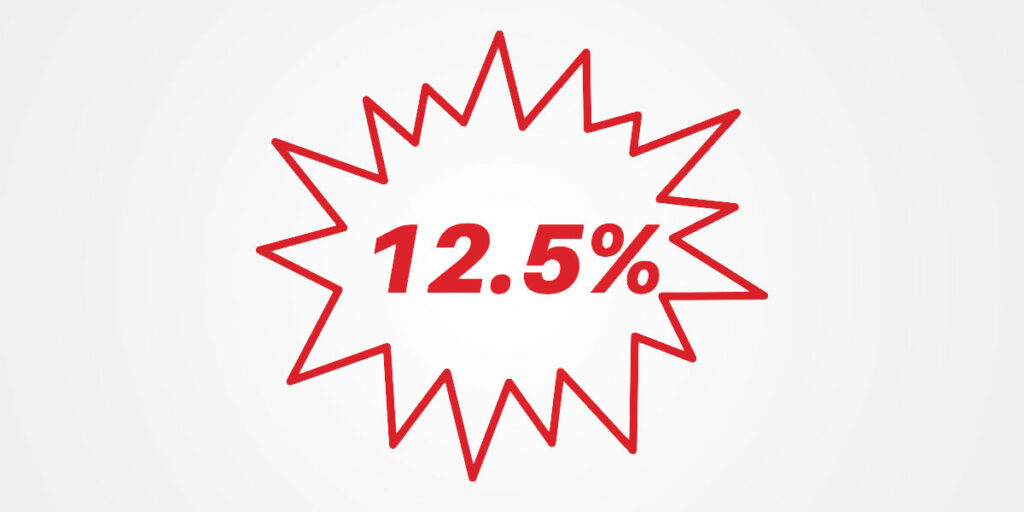Autumn brings falling leaves and pine needles. I recently cleared the pine needles off my roof to ensure Santa a safe landing. Economics students learn that economics is everywhere in our lives. Including up on the rooftop.
I made an economic choice, namely, not to hire someone to clean my roof. (I also do my lawn and leaves.) Growing up in the Sutter home we did a lot ourselves. I internalized this way of life.
I did not make use of the division of labor, which as an economist I know is the source of prosperity. When people specialize and do a task repeatedly, they learn it very well. DIYers take longer than specialists to do tasks. Specialization also facilitates invention of tools for doing tasks faster and more easily.
Specialists also perform tasks more safely than DIYers. Falls off ladders annually result in over 150,000 emergency room trips. Fortunately, I did not fall. Other DIY projects involve more risk, like electrical work.
To help ensure the expertise of electricians and other professionals, states enact occupational licensing laws allowing only persons with specified training to legally practice. Sometimes, however, licensing boards add unnecessary requirements to limit the competition, compromising safety. People are more likely to DIY if electricians cost too much, or it takes too long to get one to your house.
But I saved money cleaning my roof, right? Let’s see. Everyone’s time is valuable, and the value of my time was my opportunity cost. I could have done economist work, like consulting, during the two hours I spent on the roof.
The principle of comparative advantage suggests that I could clean my roof faster by earning money as an economist and hiring someone. But given my dearth of consulting gigs, my opportunity cost was low.
My DIY likely lowered GDP. How so? GDP is the market value of all goods and services produced in a year. We limit GDP to market transactions for two reasons: businesses (usually) keep track of their sales, and the price that the item or service sold provides an objective measure of value.
People perform many tasks – yard work, laundry, house cleaning, cooking – that they could pay someone to do. Economists call this household production. We exclude household production from GDP due to a lack of statistics on quantities and prices.
Excluding household production is one of several imperfections in GDP. Yet GDP is still an enormously valuable measure of economic activity: nations with higher GDP per capita (adjusting for national currencies and prices) are clearly more prosperous, and we usually recognize the ongoing economic downturn when GDP declines. GDP facilitates investigation of the causes of recessions and economic growth.
Imperfect statistics, however, require care in application. Societal changes over the past seventy years have artificially boosted GDP.
The average household has fallen from over 3.3 persons in 1950 to 2.5 in 2020 due to many factors, including people marrying later or not at all and more divorces. Smaller households engage in less home production. Consider June Cleaver, the stay-at-home mom on the classic TV series Leave It to Beaver. Mrs. Cleaver did not hold a job, but she and millions of American women worked, engaging in home production. Daycare today is nearly a $50 billion industry and cares for millions of children. This counts toward measured GDP while Mrs. Cleaver’s parenting did not.
Smaller households have increased GDP per person. Normally such an increase means more goods and services per person, the essence of higher living standards. Yet America had cleaning, cooking and childcare 70 years ago; they were just less likely to enter GDP.
Perhaps I should have boosted GDP instead of climbing my ladder. But I got a column idea and a clean roof. But I still have some leaves to rake. Merry Christmas everyone!
Daniel Sutter is the Charles G. Koch Professor of Economics with the Manuel H. Johnson Center for Political Economy at Troy University and host of Econversations on TrojanVision. The opinions expressed in this column are the author’s and do not necessarily reflect the views of Troy University.













